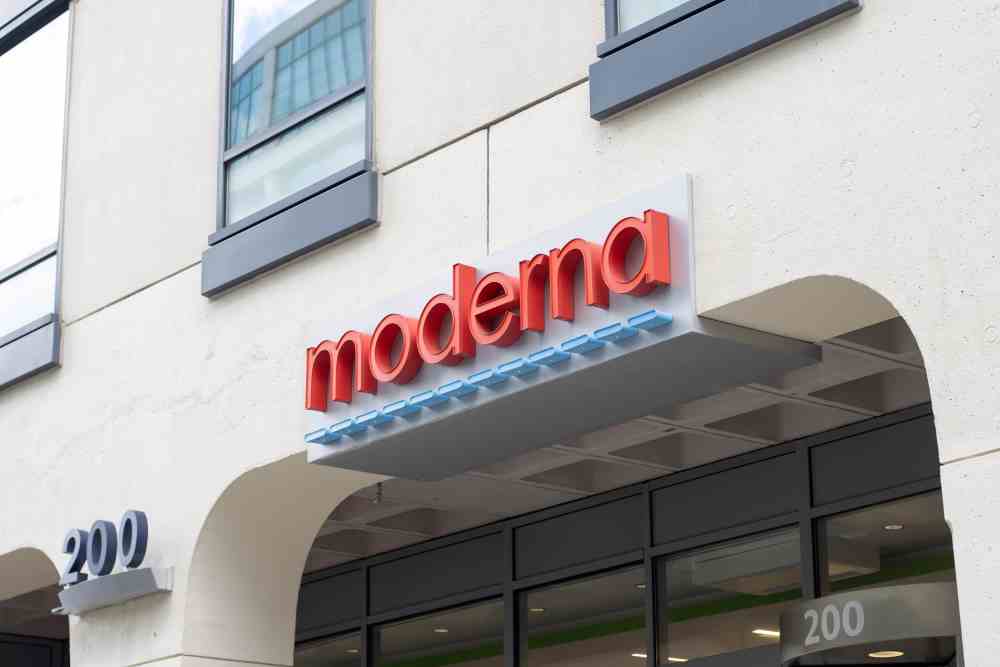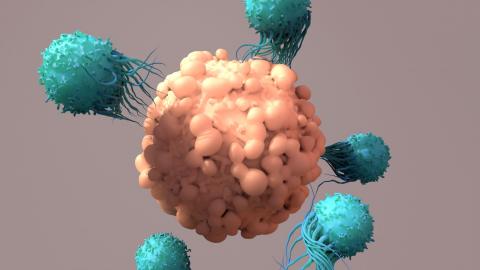Reaction to results announced by Moderna and Merck on their melanoma vaccine
The US companies Moderna and Merck (MSD outside the US and Canada) have announced this week the results of their phase 2b trials of their skin cancer therapy. The results were shared in a press release stating that the risk of recurrence or death is reduced by 44%.

Marisol Soengas - vacuna melanoma Merck Moderna
Marisol Soengas
Head of the Melanoma Group at the Spanish National Cancer Research Centre (CNIO)
What is important about this news is the potential of this therapy, the possibility of personalised vaccines targeted to specific patient alterations. What is interesting is the concept: a personalised vaccine. They introduce 34 alterations that these patients may have (neoepitopes) and this combined with immunomodulators. The responses are interesting: the chance of recurrence or death is reduced by 44%.
On the other hand, it is surprising that the data are presented in this very preliminary, unpublished form. We do not really know the details of the clinical trial.
The idea is to personalise vaccines, especially in melanoma patients, whose tumours acquire very many mutations. It is the tumour with the highest mutation rate and sometimes has so many alterations that it is difficult to develop a personalised therapy.
This is a prevention trial in patients who have had their tumour removed and have also started treatment in conditions where there is no metastasis in the lymph nodes, viscera or brain - we try to intervene earlier in patients who have not yet developed metastases but are at risk. It's a very important but selected body of patients. The choice makes sense because melanoma patients respond relatively well to immunotherapy.
Limitations: lack of knowledge of the trial per se, because it has not been published. Also that it is a very particular group of patients: at risk of developing metastases after surgery. It is only one year of follow-up, 44% is very important, but they will have to continue over time and also with more advanced patients.



